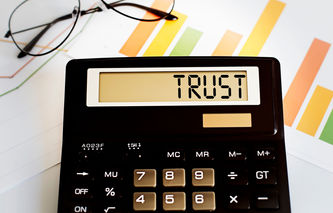Definition
The term accredited investor refers to high net worth individuals, financial institutions, and corporations that have a special status under industry guidelines. Regulation D of the Securities and Exchange Commission provides more detail on accredited investor status.
Explanation
Also known as a sophisticated investor, accredited investors typically include high net worth individuals, banks, financial institutions, and corporations that participate in higher-risk investments. This accreditation was instituted to ensure that more complex investments were only offered to individuals and organizations that understood the financial implications of the offering.
As it appears in Rule 501 in Regulation D (as amended by the Dodd-Frank Wall Street Reform and Consumer Protection Act), an accredited investor is:
A bank, insurance company, registered investment company, business development organization, or small business investment company.
An employee benefit plan with total assets in excess of $5 million; or a plan wherein a bank, insurance company, or registered investment adviser makes the investment decisions.
A charitable organization, corporation, or partnership with assets in excess of $5 million.
An executive officer, director, or partner of a company that sells securities.
Any business in which all of the shareholders are accredited investors.
A person with individual or joint net worth (with their spouse) in excess of $1 million (excluding the value of their primary residence).
A person with individual income in excess of $200,000 in each of the most recent two years or joint income (with their spouse) in excess of $300,000 in each of the most recent two years.
A trust with assets in excess of $5 million.



.jpg)

